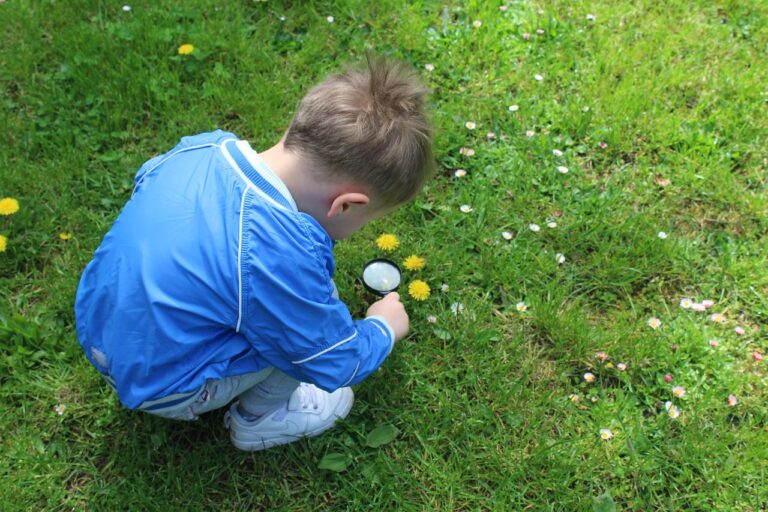Understanding the Benefits of Outdoor Play for Socialization and Peer Interaction: All panel login mahadev book, Lotus bhai.com, Laser book 247 com registration
all panel login mahadev book, lotus bhai.com, laser book 247 com registration: Outdoor play is an essential aspect of childhood development that provides numerous benefits for socialization and peer interaction. In today’s world dominated by technology, children spend more time indoors, glued to screens, and missing out on the valuable experiences that outdoor play has to offer. Let’s explore why outdoor play is crucial for fostering social skills and peer interactions among children.
1. Developing Communication Skills:
Outdoor play provides children with the opportunity to engage in face-to-face interactions with their peers. Through games, sports, and imaginative play, children learn how to communicate effectively, express their ideas, and listen to others. These interactions help in developing essential communication skills that are vital for socialization.
2. Building Relationships:
Playing outdoors allows children to form bonds with their peers through shared experiences and collaborative activities. When children play together, they learn how to cooperate, negotiate, and work as a team. These experiences help in building strong relationships and friendships that are based on trust and mutual respect.
3. Enhancing Social Skills:
Outdoor play encourages children to interact with a diverse group of peers, helping them develop empathy, compassion, and social awareness. By engaging in games and activities that require cooperation and coordination, children learn how to navigate social situations, resolve conflicts, and understand the feelings of others.
4. Boosting Confidence:
Outdoor play provides children with the freedom to explore, take risks, and challenge themselves in a safe and supportive environment. By overcoming obstacles, trying new activities, and mastering skills, children build confidence in their abilities and develop a sense of self-efficacy. This newfound confidence translates into improved social interactions and a positive self-image.
5. Encouraging Active Play:
Outdoor play promotes physical activity, which is essential for overall health and well-being. When children engage in active play outdoors, they not only improve their physical fitness but also release stress, enhance their mood, and increase their energy levels. This increased vitality and sense of well-being contribute to more positive social interactions with peers.
6. Fostering Creativity:
Outdoor play stimulates children’s imaginations and creativity, providing them with endless opportunities for exploration and discovery. Whether building forts, pretending to be pirates, or inventing new games, children’s creativity flourishes in the open spaces of nature. This creativity spills over into their social interactions, leading to innovative problem-solving, imaginative play, and unique shared experiences with peers.
In conclusion, outdoor play is a valuable setting for socialization and peer interaction, offering children a wide range of benefits that contribute to their overall development. By encouraging children to engage in outdoor activities, parents and caregivers can help them enhance their social skills, build relationships, boost confidence, and foster creativity. So, let’s get kids outside, playing, exploring, and connecting with their peers in the great outdoors!
FAQs:
Q: How much outdoor playtime should children have each day?
A: Children should aim for at least 60 minutes of outdoor playtime each day to reap the benefits of physical activity, socialization, and peer interaction.
Q: What are some outdoor activities that promote socialization and peer interaction?
A: Activities such as tag, hide-and-seek, team sports, scavenger hunts, and imaginative play are great ways for children to engage with peers and develop social skills.
Q: How can parents encourage outdoor play in today’s technology-driven world?
A: Parents can set limits on screen time, create opportunities for outdoor play, provide access to safe outdoor spaces, and participate in outdoor activities with their children to promote a love for the outdoors.







